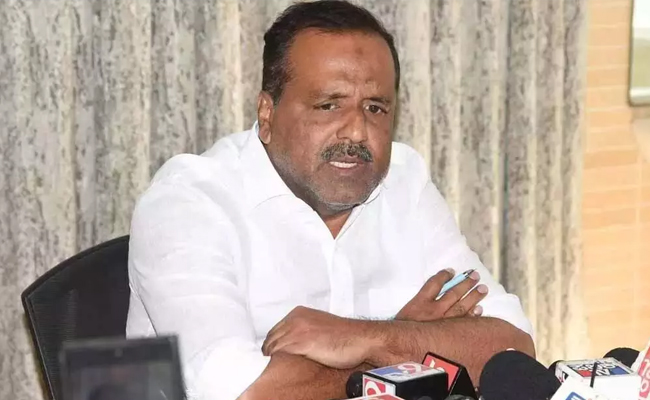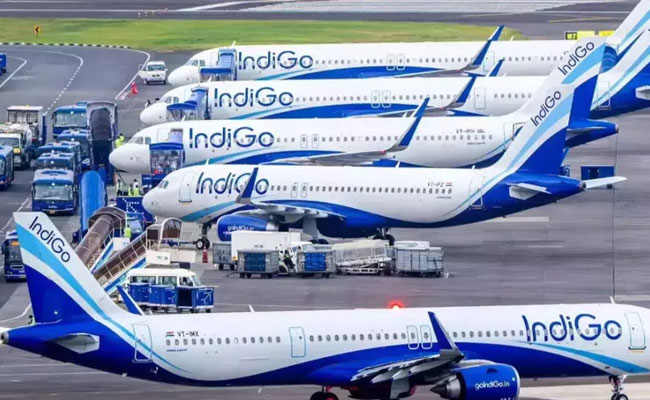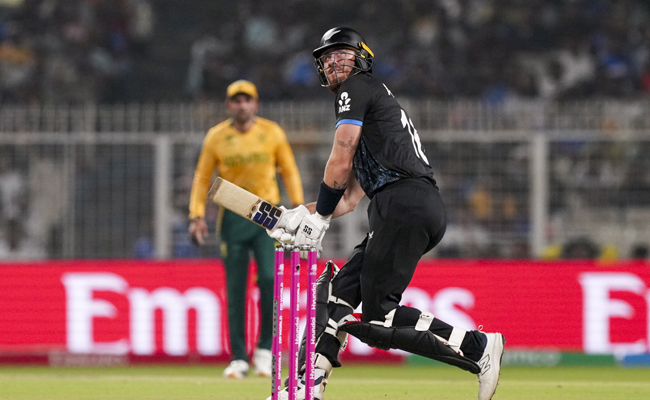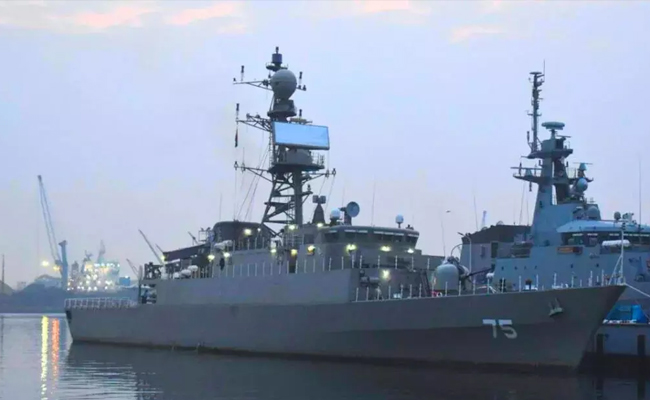Washington, Oct 19 : US President Donald Trump has said it "certainly looks" like Jamal Khashoggi is dead and threatened "very severe" consequences if Saudi Arabia is found to have murdered him, toughening his response to the disappearance of the dissident journalist that has sparked global outrage.
Trump's remarks came after he was briefed on the investigation by Secretary of State Mike Pompeo who returned from trips to Saudi Arabia and Turkey.
Khashoggi, 60, who has not been seen since October 2 when he entered Saudi Arabia's consulate in Istanbul, is feared to have been killed inside the mission.
The incident has resulted in global outrage, more so in the US where he lived as a legal permanent resident and worked for 'The Washington Post'.
"It certainly looks that way to me. It's very sad. Certainly, looks that way," Trump told reporters at Joint Air Force base Andrews on Thursday before leaving for Montana for a campaign rally.
Turkish investigators have told local as well as US media that Khashoggi was brutally killed inside the consulate.
Asked what consequence Saudi leaders would face if they are found to be responsible, Trump replied: "It will have to be very severe. It's bad, bad stuff. But we'll see what happens".
"We are waiting for some investigations, and waiting for the results. We will have them very soon, and I think we'll be making a statement, a very strong statement. But we're waiting for the results of about three different investigations, and we should be able to get to the bottom fairly soon," he said.
During his meeting with Trump, Pompeo suggested that Saudi Arabia be given some more time to complete the probe.
"We've made clear to them that we take this matter with respect to Mr Khashoggi very seriously. They've made clear to me they, too, understand the serious nature of the disappearance of Mr Khashoggi," Pompeo said.
He said the Saudi leadership had assured him that they will conduct a thorough investigation into the incident.
"I told President Trump this morning that we ought to give them a few more days to complete that, so that we, too, have a complete understanding of the facts. At which point we can make decisions about how or if the US should respond to the incident surrounding Khashoggi," he said.
Pompeo's spokesperson said he had neither heard a tape nor seen a transcript related to the disappearance of Khashoggi.
The statement came after ABC News claimed that Pompeo had heard the alleged audio recording during his meeting with the Turkish officials in Ankara.
"Secretary Pompeo has neither heard a tape nor has he seen a transcript related to Jamal Khashoggi's disappearance," State Department Spokesperson Heather Nauert said.
A day earlier, Pompeo refused to answer questions on the issue. "I don't have anything to say about that," he said.
Hours after his meeting with Pompeo, Trump told the New York Times in an interview that Khashoggi was assassinated, as per multiple intelligence sources.
"This one has caught the imagination of the world, unfortunately. It's not a positive. Not a positive," Trump said.
"Unless the miracle of all miracles happens, I would acknowledge that he's dead. That's based on everything intelligence coming from every side," he told the daily.
He reiterated the same to reporters' moments later.
Meanwhile, several lawmakers led by Congressman Jim McGovern introduced a legislation in the House to prohibit all US arms sales to Saudi Arabia until Secretary of State determines that the Saudi regime is not responsible for the disappearance or death of Khashoggi.
If the Saudi government is found to be culpable in Khashoggi's disappearance, the legislation prohibits all US military aid and sales to Saudi Arabia until the Congress passes a resolution approving such sales.
In a related development, the Committee to Protect Journalists, Human Rights Watch, Amnesty International, and Reporters Without Borders on Thursday urged Turkey to urgently ask UN Secretary-General Antonio Guterres to establish a UN investigation into the possible extrajudicial execution of Khashoggi.
Let the Truth be known. If you read VB and like VB, please be a VB Supporter and Help us deliver the Truth to one and all.
Mangaluru (Karnataka) (PTI): Karnataka Legislative Assembly Speaker U T Khader on Wednesday sought an inquiry after a large number of Aadhaar cards were found on the banks of the Nethravathi River here.
The cards were found at Farangipete in Pudu village of his Mangaluru Assembly constituency.
Khader, in a note to the Project Manager of the Unique Identification Authority of India (UIDAI), Bengaluru, sought immediate intervention and necessary action against those responsible.
In the note dated March 4, he said that local residents noticed the Aadhaar cards along the riverbank on March 3.
Following information received from the public, the Pudu Gram Panchayat president and villagers collected the Aadhaar cards found scattered in the area. They subsequently brought the matter to his attention and the concerned authorities, he said.
Expressing concern over the incident, the Speaker has directed that a thorough investigation be conducted to ascertain how such a large number of Aadhaar cards ended up on the riverbank and to identify those responsible.
He instructed officials to initiate appropriate legal action through the concerned department at the earliest.





